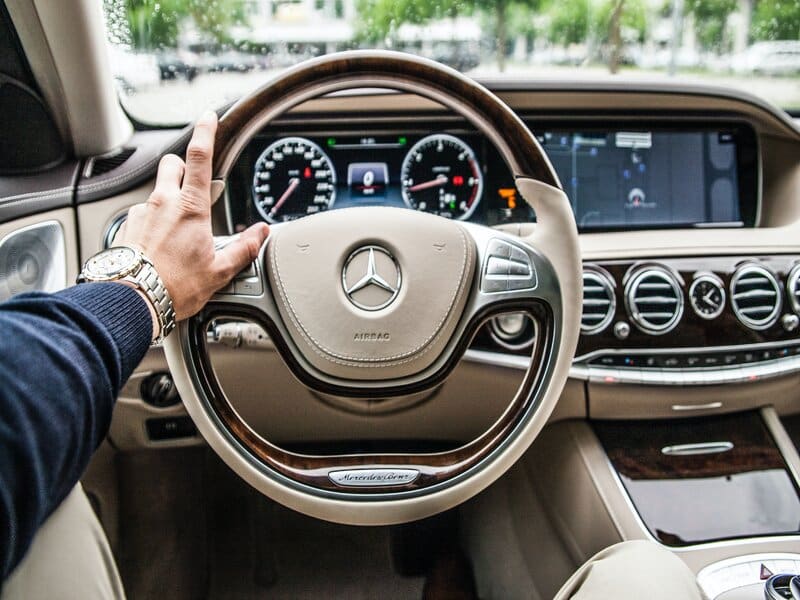Imagine you are driving along a highway and you notice an illuminated symbol on your dashboard. You may wonder what it means and how urgently it needs to be dealt with. The dashboard lights signal you that something is wrong and that you should investigate it. However, a warning light is not always an emergency and may not require you to immediately pull over. Regardless, it is something that should not be ignored as it can cause major damage to the car and lead to a breakdown. Here are some of the warning lights that you should not ignore:
Check engine light
The check engine light should never be disregarded. It may indicate the failure or damage to one of the engine components such as the catalytic converter, gas cap, or spark plugs. In case the light is steady, it is likely that the problem is not too serious. If the light is flashing, you should pullover and address the problem immediately. Once you have pulled over, let the engine cool down and then inspect it. Call up the auto repair service right away because if you ignore the problem, it can damage the engine severely.
Battery warning light
While a battery warning light is not as serious as the check engine light but it does indicate that your battery can give out any time. Your battery provides the jolt of electricity necessary to power all the electrical components in your car. When the battery is running low, the car won’t start. This light could also indicate a damaged wire or a problem with the charging system. If the battery is old, it will likely need a replacement. If not, your mechanic will diagnose and rectify the problem.
Oil pressure warning light
When the engine oil pressure is too low, the oil pressure warning light illuminates. Driving your vehicle with low engine oil pressure can cause it to breakdown. Some of the common reasons for oil pressure warning light to come on is low engine oil, a malfunctioning oil pump, or a clogged oil filter. When this light comes on, you should check the oil level and if it is too low, add the right engine oil specified for your car. If it doesn’t help, there could be an issue with the engine, which only a mechanic would be able to identify.
Brake warning light
When the brake light illuminates on your dashboard, it could send you into a panic. The light indicates that your brake system needs attention. The most common reasons why this light may come on include low or leaking brake fluid, failed ABS system, the parking brake is engaged, brake lights being burnt out, faulty sensors, or worn brake pads. When the brake light comes on, the first step should be to check the parking brake. If it is disengaged, adding brake fluid may help. If it doesn’t work, call your car mechanic right away.
Engine temperature warning
If you see the engine temperature warning light, it means the engine has overheated. While some cars have an engine warning light, others just have a temperature gauge with a red H at the other end of the gauge. When the needle hits the H section, it indicates engine overheating and you should pull over as soon as you can.
If you have any questions about any of the warning lights, get in touch with us now and discuss your concerns with our team. We will try to diagnose the problem and advice you on the urgency of the situation.


